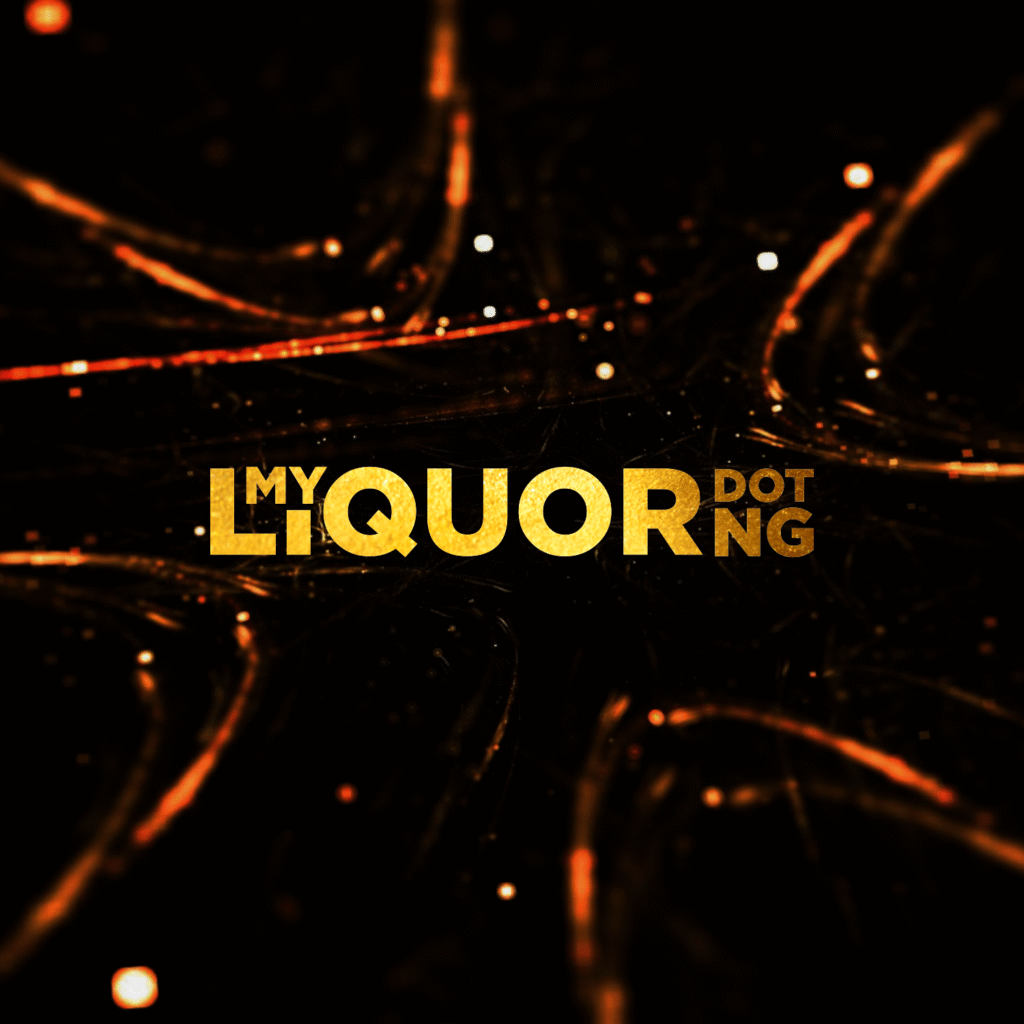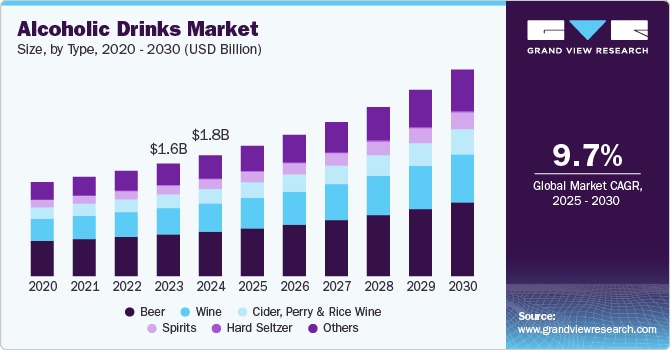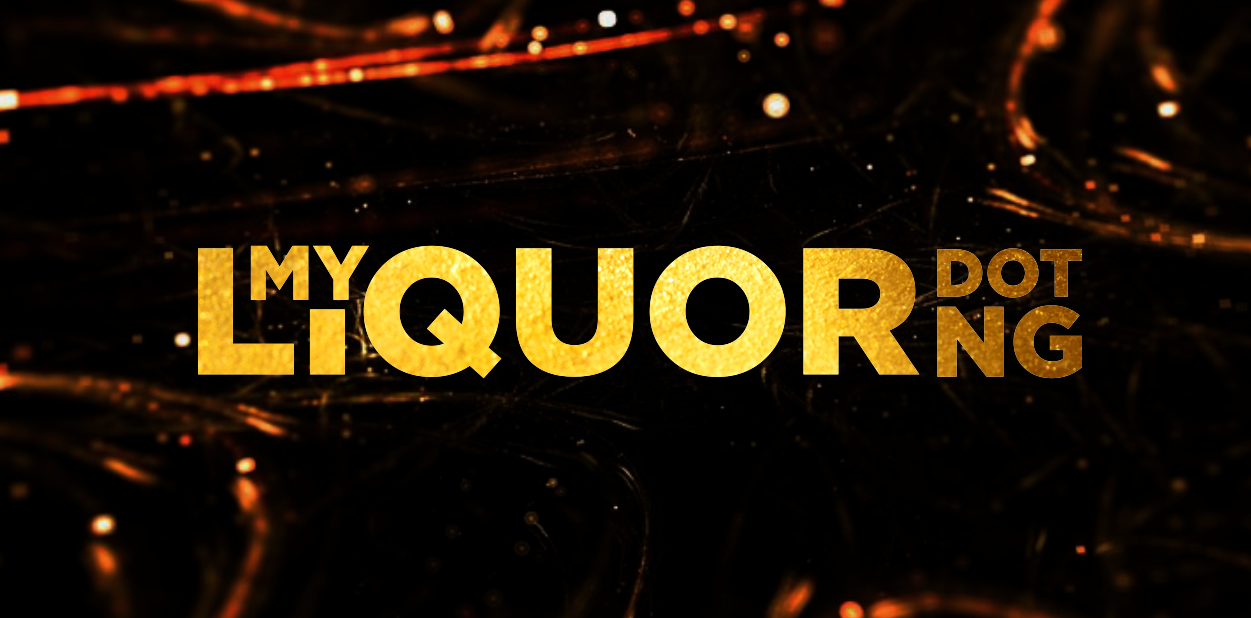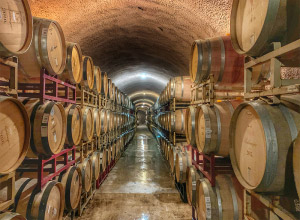Quick Summary
Navigating Nigeria’s liquor market can be treacherous for unsuspecting buyers. From counterfeit bottles containing dangerous substances to unreliable delivery services, liquor store buyer challenges have become increasingly complex in 2025. This comprehensive guide reveals the seven most critical problems facing Nigerian alcohol consumers and provides actionable solutions to ensure safe, authentic purchases from trusted retailers like MyLiquor.ng.
Table of Contents
Understanding the Nigerian Liquor Market Landscape
The Nigerian alcoholic beverage market has experienced tremendous growth, with consumers increasingly turning to online platforms for convenience and variety. However, this digital transformation has also created new avenues for unscrupulous sellers to exploit unsuspecting buyers.
Nigeria’s liquor industry is regulated by the National Agency for Food and Drug Administration and Control (NAFDAC), which ensures products meet safety standards. Despite these regulations, many unauthorized sellers operate outside the system, creating significant liquor store buyer challenges for consumers seeking authentic products.
The rise of e-commerce has made it easier than ever to purchase alcohol online, but it has also complicated the buying process. Consumers must now navigate through countless online stores, each claiming to offer the best prices and authentic products. This abundance of choice, while beneficial, has made it difficult for buyers to identify legitimate sellers from fraudulent ones.

The 7 Most Critical Liquor Store Buyer Challenges
1. Fake Bottles: The Hidden Danger
Counterfeit alcohol is becoming increasingly prevalent worldwide, and Nigeria is no exception. These fake products can be lethal, as they often contain dangerous substances that can cause serious health complications or even death.
Counterfeit liquor manufacturers often use industrial alcohol, methanol, or other toxic substances to create their products. These chemicals can cause blindness, liver damage, and other severe health issues. The packaging of fake bottles is becoming increasingly sophisticated, making it difficult for average consumers to identify counterfeit products.
The financial impact of purchasing fake bottles extends beyond the immediate loss of money. Consumers may face medical expenses if they consume contaminated products, and the disappointment of receiving substandard goods can damage trust in online shopping altogether.
2. Delayed or Failed Delivery
One of the most frustrating liquor store buyer challenges is dealing with unreliable delivery services. Many online liquor stores partner with third-party delivery services that lack proper tracking systems or fail to meet promised delivery timelines.
Failed deliveries often occur due to poor inventory management, where stores accept orders for products they don’t have in stock. This leads to extended waiting periods, cancelled orders, and disappointed customers who may have planned events around the expected delivery.
The lack of real-time inventory updates on many platforms means customers can place orders for products that are actually out of stock, only discovering this after payment has been processed. This creates a cascade of problems, including delayed refunds and customer dissatisfaction.
3. No Customer Support
The absence of responsive customer support is a significant challenge facing liquor store buyers. Many online platforms operate with minimal customer service infrastructure, leaving buyers stranded when issues arise.
When problems occur – whether it’s a wrong order, damaged products, or delivery issues – customers need immediate assistance. Stores without dedicated customer support channels force buyers to rely on generic contact forms or email addresses that may not receive timely responses.
This lack of support becomes particularly problematic when dealing with time-sensitive purchases, such as orders for special events or celebrations. Without responsive customer service, buyers cannot resolve issues quickly, potentially ruining planned occasions.
4. Misleading Product Photos
Visual representation plays a crucial role in online purchasing decisions, but many liquor stores use misleading product photos that don’t accurately represent the actual items. This creates unrealistic expectations and leads to customer disappointment upon delivery.
Some stores use stock photos or images from other sources that may show different bottle sizes, labels, or packaging than what they actually sell. This practice not only misleads customers but also violates consumer protection laws https://fccpc.gov.ng/resources-library/publications/absolutely-prohibited-product-list/in many jurisdictions.
The use of enhanced or filtered images can make products appear more premium than they actually are, leading to price expectations that don’t match the actual product quality. This mismatch between expectation and reality is a common source of customer complaints.

5. Price Manipulation and Hidden Costs
Transparent pricing is essential for building customer trust, but many liquor stores engage in deceptive pricing practices that inflate the final cost of purchases. These liquor store buyer challenges include hidden delivery fees, service charges, and sudden price increases during checkout.
Some stores advertise low prices to attract customers but add numerous fees during the checkout process. These additional costs can include handling fees, packaging charges, and premium delivery options that weren’t clearly disclosed upfront.
Dynamic pricing algorithms used by some platforms can also lead to price fluctuations that disadvantage customers. Prices may increase based on demand, time of day, or customer browsing behavior, creating an unfair purchasing environment.
6. Quality Control Issues
Quality control problems represent significant liquor store buyer challenges, especially when purchasing premium spirits or wine. Poor storage conditions, expired products, and contaminated inventory can result in substandard purchases that don’t meet customer expectations.
Many online liquor stores lack proper temperature-controlled storage facilities, which is crucial for maintaining the quality of certain alcoholic beverages. Wine, in particular, can be damaged by extreme temperatures, light exposure, or improper positioning during storage.
The absence of quality control procedures means that damaged or expired products may be sold to customers without proper inspection. This can result in products that have lost their intended flavor profiles or, in worst cases, products that are unsafe for consumption.
7. Legal Compliance Concerns
Staying compliant with the law is one of the biggest responsibilities, as violating state alcohol regulations can result in hefty fines, legal issues, or even loss of liquor licenses. For consumers, purchasing from non-compliant stores can lead to legal complications and safety risks.
Many online liquor stores operate without proper licensing or NAFDAC approval, which means they may sell products that haven’t undergone proper safety testing or quality assurance. This creates legal liability for both the seller and the buyer.
Age verification is another compliance issue that affects buyers. Stores that don’t properly verify customer ages may face legal consequences, and customers may unknowingly participate in illegal transactions.
How to Choose a Reliable Liquor Store
Selecting a trustworthy liquor store requires careful evaluation of several key factors. The most important consideration is regulatory compliance – ensure the store has proper NAFDAC certification and displays their licensing information prominently on their website.
Customer reviews and ratings provide valuable insights into a store’s reliability and service quality. Look for stores with consistently positive feedback, particularly regarding product authenticity, delivery reliability, and customer service responsiveness.
Payment security is another crucial factor. Reliable stores use secure payment gateways and clearly display their security certifications. Avoid stores that only accept unconventional payment methods or request unusual personal information during checkout.
Key Features of Reliable Liquor Stores
NAFDAC Compliance: Legitimate stores prominently display their NAFDAC registration and compliance certificates. This ensures that all products sold have been approved for consumption and meet safety standards.
Transparent Pricing: Trustworthy stores provide clear, upfront pricing with no hidden fees. All costs, including delivery charges and taxes, should be clearly stated before checkout.
Responsive Customer Support: Reliable stores offer multiple communication channels, including phone support, WhatsApp, and email. Response times should be reasonable, and support staff should be knowledgeable about products and policies.
Secure Payment Options: Legitimate stores offer secure payment methods and protect customer financial information. Look for SSL certificates and recognized payment processors.
Quality Assurance: Reputable stores have quality control procedures in place to ensure products are stored properly and remain fresh. They should also have clear policies for handling damaged or defective products.

Red Flags to Watch Out For
Identifying potential problems early can save buyers from experiencing major liquor store buyer challenges. Several warning signs indicate that a store may not be trustworthy or reliable.
Extremely low prices that seem too good to be true often indicate counterfeit products or other quality issues. While everyone appreciates good deals, prices that are significantly below market rates should raise suspicion.
Poor website design and functionality can indicate a lack of professionalism and attention to detail. Legitimate businesses invest in proper website development and maintenance. Sites with broken links, poor grammar, or missing information should be approached with caution.
Lack of contact information or only providing generic email addresses suggests that the store may not be committed to customer service. Legitimate businesses provide multiple ways for customers to reach them, including physical addresses and phone numbers.
Warning Signs of Unreliable Stores
No Physical Address: Stores that don’t provide a physical address or only list P.O. boxes may be operating illegally or may be difficult to reach if problems arise.
Limited Payment Options: Stores that only accept cash, money transfers, or cryptocurrencies may be trying to avoid transaction tracking or may not have proper merchant accounts.
Poor Product Descriptions: Vague or incomplete product descriptions indicate a lack of attention to detail and may suggest that the store doesn’t have proper product knowledge.
No Return Policy: Legitimate stores have clear return and refund policies. The absence of these policies suggests that the store may not stand behind their products.
Pressure Tactics: Stores that use high-pressure sales tactics or create artificial urgency may be trying to prevent customers from making informed decisions.
MyLiquor.ng: Your Solution to Buyer Challenges
MyLiquor.ng addresses the major liquor store buyer challenges by providing a comprehensive solution that prioritizes customer safety, satisfaction, and convenience. As a NAFDAC-compliant liquor store operating in Lagos, Nigeria, MyLiquor.ng has implemented robust systems to ensure customers receive authentic products and exceptional service.
The platform’s commitment to authenticity begins with careful vendor selection and product verification. Every product sold through MyLiquor.ng undergoes quality inspection to ensure it meets both NAFDAC standards and customer expectations. This rigorous approach eliminates the risk of counterfeit products and ensures customers receive genuine items.
MyLiquor.ng’s customer support infrastructure includes multiple communication channels, with WhatsApp support providing real-time assistance to customers. This immediate accessibility ensures that any issues can be resolved quickly, preventing minor problems from becoming major complications.
Why MyLiquor.ng Stands Out
NAFDAC Compliance: Full regulatory compliance ensures all products meet safety standards and are legally approved for sale in Nigeria.
Verified Product Authentication: Multi-step verification process guarantees product authenticity and eliminates counterfeit risks.
Reliable Delivery Network: Partnership with trusted delivery services ensures timely and secure product delivery across Lagos and beyond.
Transparent Pricing: Clear, upfront pricing with no hidden fees ensures customers know exactly what they’re paying for.
Quality Assurance: Proper storage facilities and quality control procedures maintain product integrity from warehouse to customer.
WhatsApp Support: Instant communication channel provides real-time customer support and order tracking.
Verified Reviews: Authentic customer feedback system helps buyers make informed decisions based on real experiences.
Conclusion: Shop Smart, Stay Safe
The liquor store buyer challenges facing Nigerian consumers are real and significant, but they’re not insurmountable. By understanding these challenges and implementing the protective strategies outlined in this guide, consumers can safely navigate the online liquor market while avoiding the pitfalls that trap unwary buyers.
The key to successful liquor purchasing lies in choosing reputable, NAFDAC-compliant stores like MyLiquor.ng that prioritize customer safety and satisfaction. These stores invest in proper quality control, authentic product sourcing, reliable delivery networks, and responsive customer support systems.
Remember that the cheapest option isn’t always the best value, especially when it comes to alcoholic beverages. Investing in quality products from trusted sources ensures not only a better drinking experience but also peace of mind regarding product safety and authenticity.
As Nigeria’s liquor market continues to evolve, staying informed about these challenges and maintaining vigilance when making purchases will help ensure positive shopping experiences. The future of online liquor shopping in Nigeria depends on consumers making informed choices and supporting businesses that operate with integrity and transparency.
Take action today by choosing verified, compliant liquor stores for your purchases. Your safety, satisfaction, and peace of mind are worth the extra effort to find trustworthy sellers. Visit MyLiquor.ng to experience the difference that comes with shopping at a store that truly understands and addresses liquor store buyer challenges.

